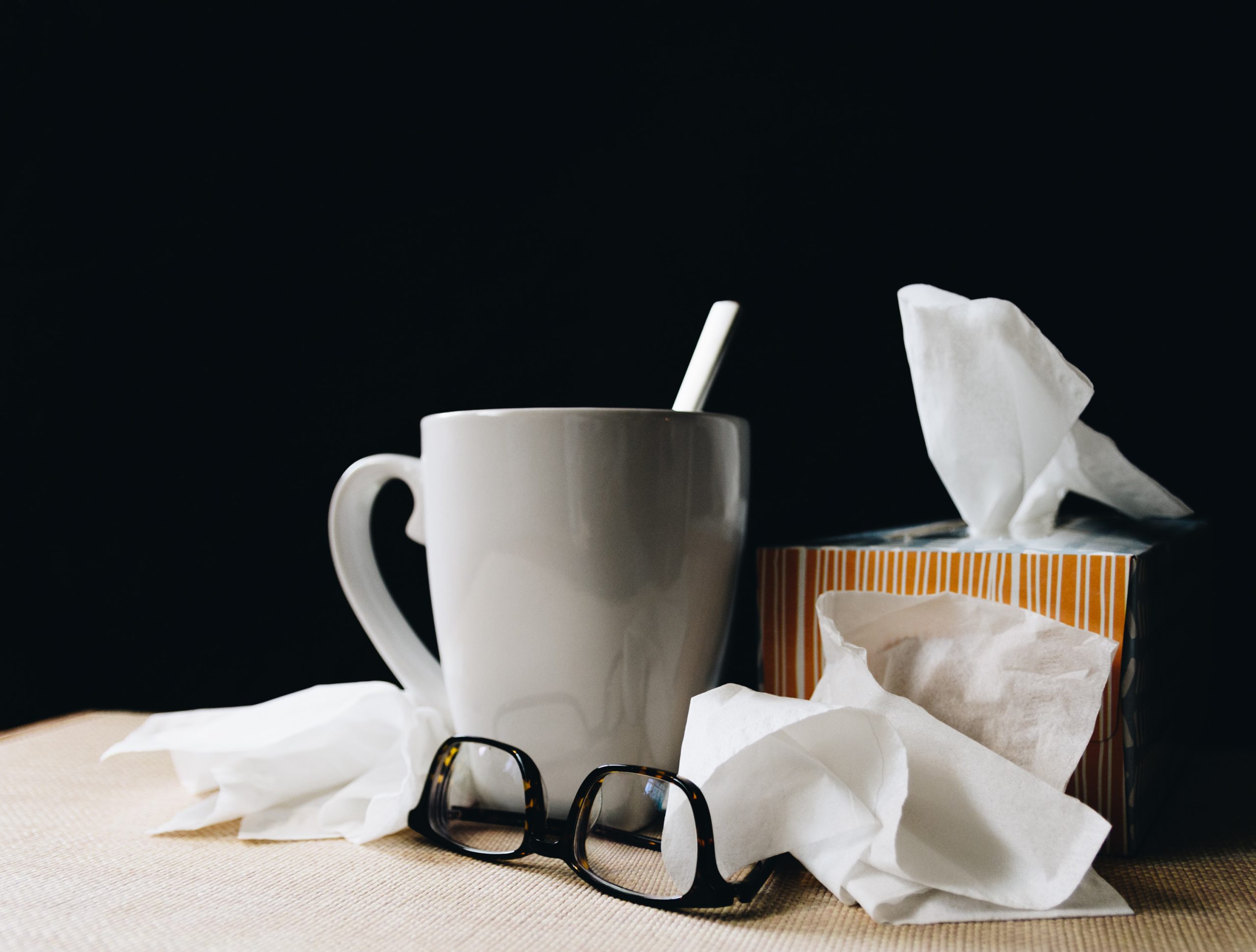It's autumn! Get your 'flu shot, and cherish your mucus.
MUCUS? Really? Yes – mucus is s good thing; it keeps us much safer from various kinds of infections. It traps small particles and helps isolate certain harmful microbes to keep them from clumping together and ganging up on our immune systems. Healthy mucus can keep harmful microbes from multiplying very fast in our bodies, and can help keep them from attaching themselves to our bodily tissues.
Our bodies produce more mucus than most of us realize – at least a litre to a litre and a half every day. Mucus coats our digestive organs and most of our respiratory systems, and assists our reproductive organs, too.
Recent research has cast light on the role played by certain sugar molecules found in mucus. Called glycans, those branched sugar molecules help to incapacitate harmful microbes. For those who want more detail, click this link to see one of the articles on it.
What colour should mucus be? Ideally, it’s colourless and clear, but somewhat elastic.
If you have thicker, opaque white mucus, it may mean you have a cold. If your nasal or throat mucus is yellow, orange or greenish-coloured mucus, it probably means you have some kind of infection; it may clear up on its own, but if you also have a sore throat, fever and/or chills, you should check with your doctor. Strep throat is no fun at all. Colds can lead to more serious illness, such as bronchitis, if ignored.
Meanwhile, your mucus alone will not protect you from the ‘flu– which is short for “influenza,” a serious and sometimes fatal illness caused by many strains of virus. Some strains cause mild illness; others are more serious. Check out any cemetery with graves that go back to around 1915. You’ll notice that a larger number of deaths occurred in 1918, and that many of the graves are small – they contain the bodies of young children who died from influenza – ‘flu — in the 1918 epidemic.
Last ‘flu season, 82 deaths from the ‘flu had been recorded in Canada by January 18.
The best way to protect ourselves from ‘flu is to get a ‘flu shot. Get vaccinated.
Young children and older people tend to be more vulnerable to the serious strains of ‘flu – more likely to die from them.
Many people say they have “the “flu” whenever they feel tired and ache-y, have a touch of fever, a sore throat, sneezing and a runny nose; but those are all symptoms of the common cold.
If you have a sudden-onset fever of over 38˚C. (100.4˚F.), and extreme fatigue, and aches and pains, and a bad headache, then it’s probably some variety of ‘flu, not just a cold.
Whether it’s a cold or the ‘flu, you should stay home – please don’t spread your contagious disease! — rest, drink lots of hot liquids such as chicken soup. But if it’s the ‘flu, the first thing you can do is ask your doctor if you can have an anti-viral medication to help diminish the severity of your illness.
‘Flu vaccine can protect most people from the commonest or deadliest strains of ‘flu. Even if a person still falls ill with a type of ‘flu, studies have shown that the vaccine gives some protective effect. For detailed information about this year’s ‘flu vaccine in Canada, check the information here.
In Rossland, the ‘flu vaccine will be available at our local drug store on Tuesday, October 22, from 9:00 am to 5:00 pm.

























